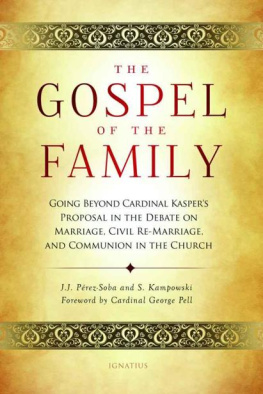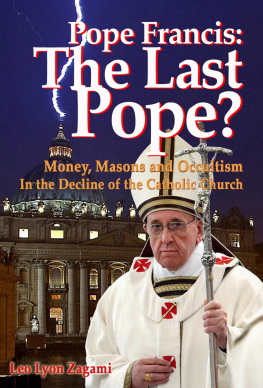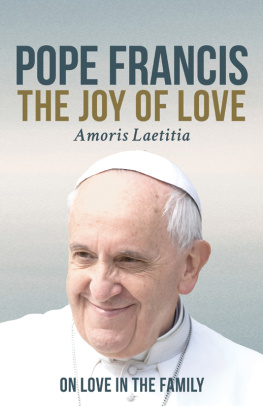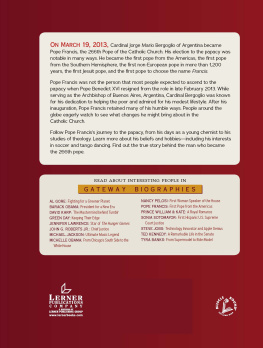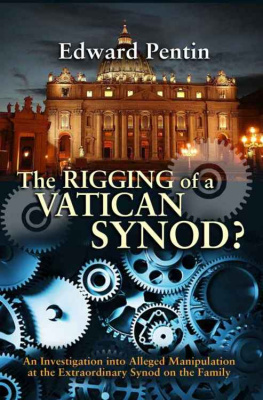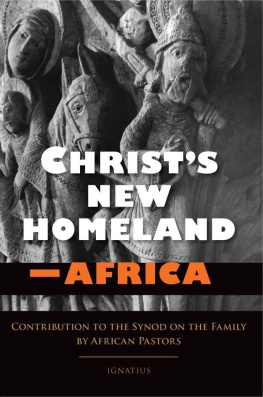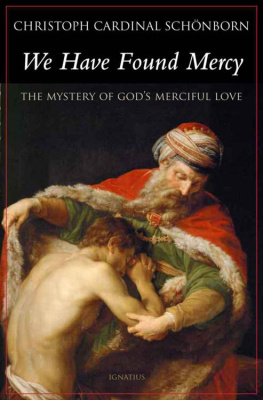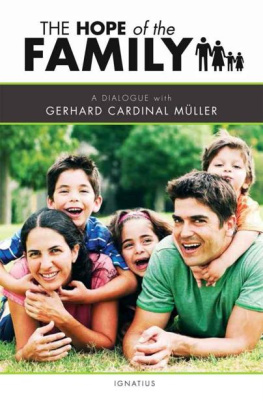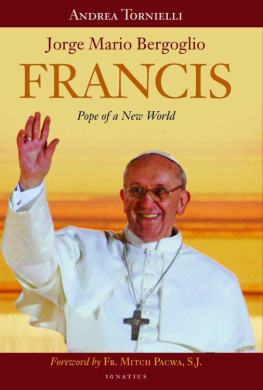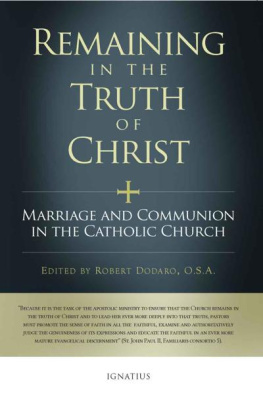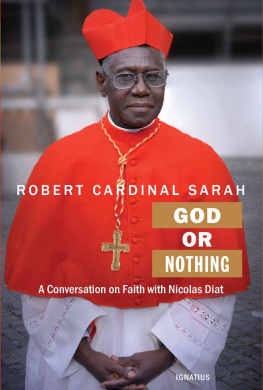J.J. Perez-Soba - The Gospel of the Family: Going Beyond Cardinal Kasper’s Proposal in the Debate on Marriage, Civil Re-Marriage and Communion in the Church
Here you can read online J.J. Perez-Soba - The Gospel of the Family: Going Beyond Cardinal Kasper’s Proposal in the Debate on Marriage, Civil Re-Marriage and Communion in the Church full text of the book (entire story) in english for free. Download pdf and epub, get meaning, cover and reviews about this ebook. year: 2014, publisher: Ignatius Press, genre: Romance novel. Description of the work, (preface) as well as reviews are available. Best literature library LitArk.com created for fans of good reading and offers a wide selection of genres:
Romance novel
Science fiction
Adventure
Detective
Science
History
Home and family
Prose
Art
Politics
Computer
Non-fiction
Religion
Business
Children
Humor
Choose a favorite category and find really read worthwhile books. Enjoy immersion in the world of imagination, feel the emotions of the characters or learn something new for yourself, make an fascinating discovery.
- Book:The Gospel of the Family: Going Beyond Cardinal Kasper’s Proposal in the Debate on Marriage, Civil Re-Marriage and Communion in the Church
- Author:
- Publisher:Ignatius Press
- Genre:
- Year:2014
- Rating:5 / 5
- Favourites:Add to favourites
- Your mark:
The Gospel of the Family: Going Beyond Cardinal Kasper’s Proposal in the Debate on Marriage, Civil Re-Marriage and Communion in the Church: summary, description and annotation
We offer to read an annotation, description, summary or preface (depends on what the author of the book "The Gospel of the Family: Going Beyond Cardinal Kasper’s Proposal in the Debate on Marriage, Civil Re-Marriage and Communion in the Church" wrote himself). If you haven't found the necessary information about the book — write in the comments, we will try to find it.
This book, however, is intended above all as a positive contribution that describes an alternative merciful pastoral approach inspired by the Magisterium and by the testimony of Saint John Paul II, whom Pope Francis has held up to the whole Church as the Pope of the Family. It is an approach that tries not just to please, but truly to heal the wounds, and therefore to promote a true conversion, thus closely uniting doctrinal and pastoral considerations, truth and mercy, fidelity to the words of Jesus and attention to the specific person.
Taking then as a point of reference for this subject are the controversial words by Cardinal Kasper, which the authors think contains important reflections, but significant inaccuracies and erroneous proposals also and, above all, gross oversimplifications because of an objective that concentrates excessively on a single argument, which causes him to see everything else from that perspective. This volume strives to develops his positive points, help clarify the ambiguous ones, express the reasons why some statements seem to be seriously erroneous but, above all, go farther than Kasper and show in a simple, accessible way the extent to which his words were incapable of putting the Gospel of the Family at the center of its reflections.
The authors begin by addressing the cultural challenge as the fundamental key to understanding the role of the family in the dialogue between the Church and the world: a pivotal point if we are to avoid the many inadequate misunderstandings of Kasper s words. Next, they identify the centrality of the family in the Christian proclamation, adopting the perspective of a God who reveals himself as mercy, an approach that we will complete with a brief review of some patristic texts that teach the way in which the primitive Church experienced the question. Then they analyze the matter from the more contemporary moral perspective, considering therefore the construction of the moral subject by means of his actions, and we will conclude by outlining what could be adequate pastoral care, given the challenges of our time.
J.J. Perez-Soba: author's other books
Who wrote The Gospel of the Family: Going Beyond Cardinal Kasper’s Proposal in the Debate on Marriage, Civil Re-Marriage and Communion in the Church? Find out the surname, the name of the author of the book and a list of all author's works by series.

